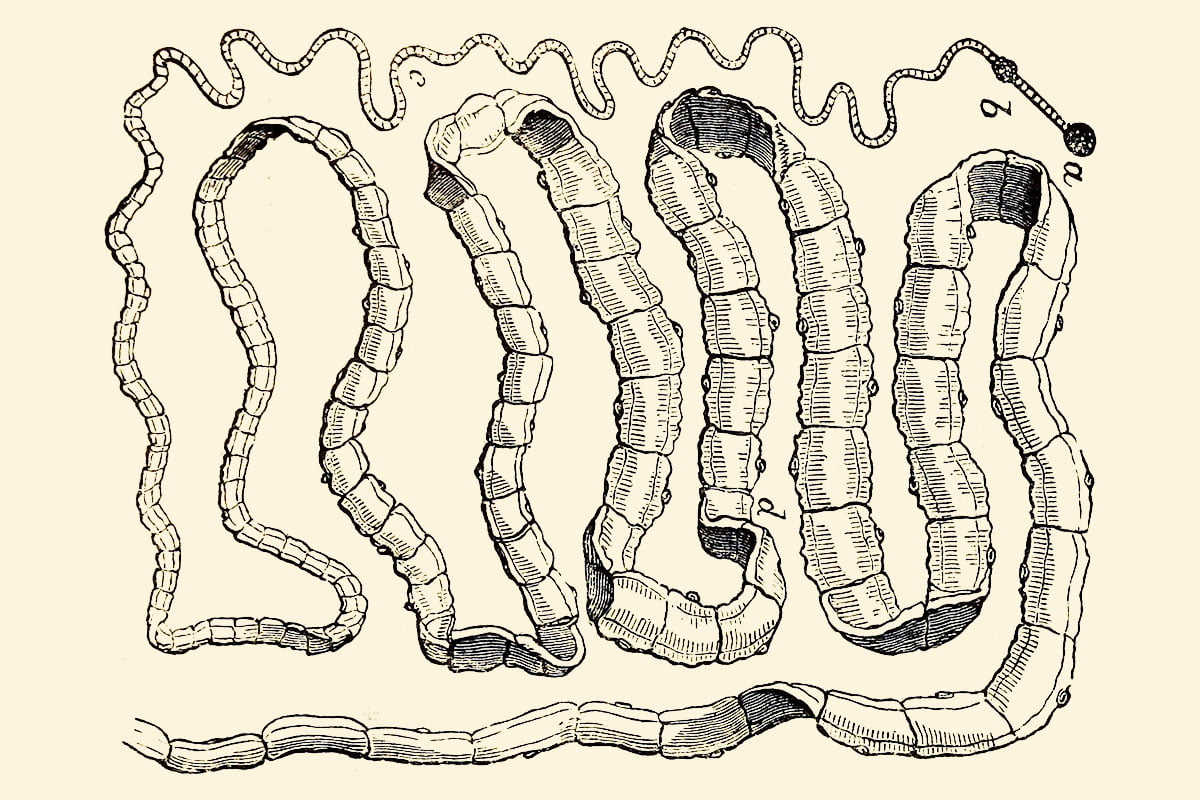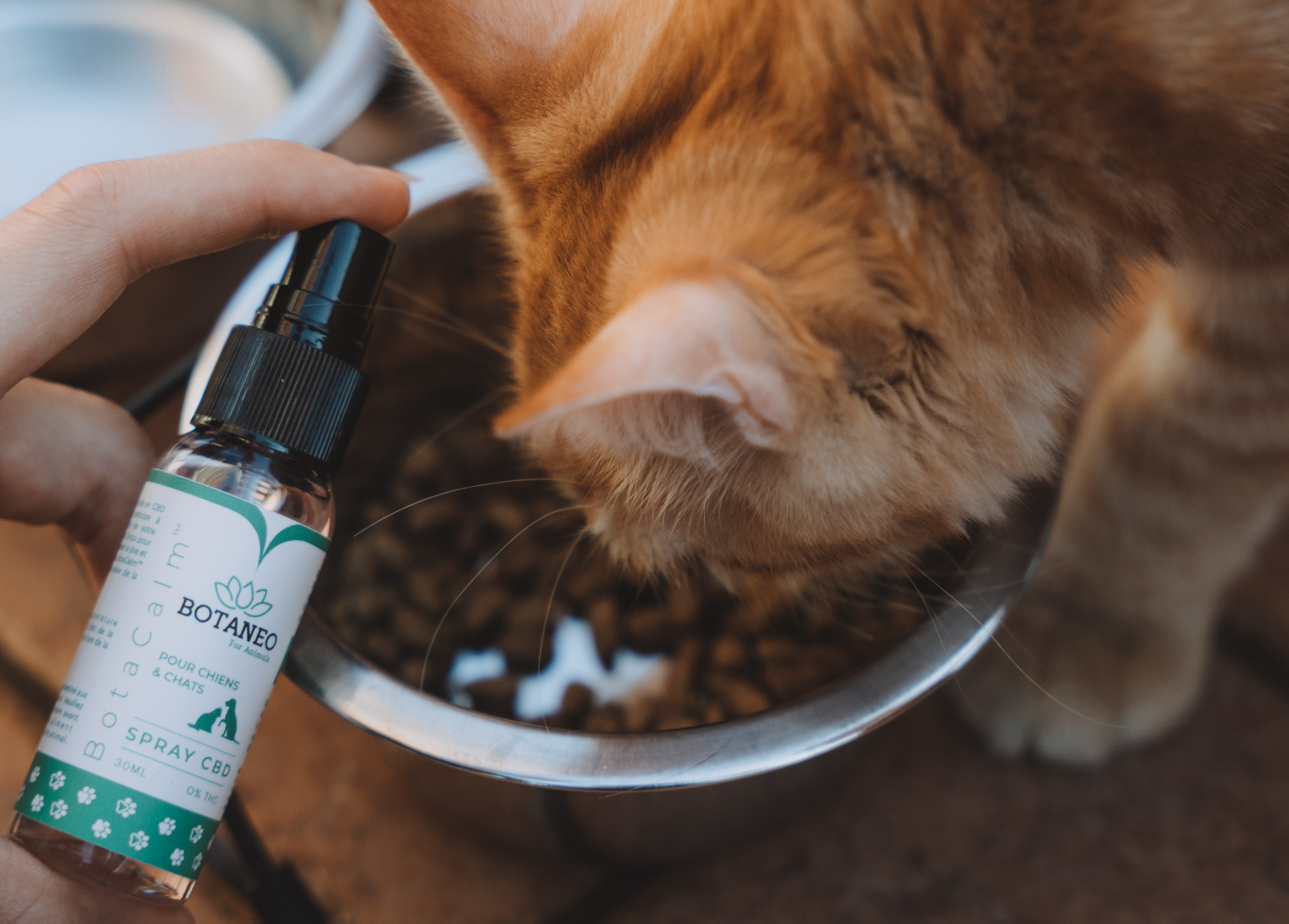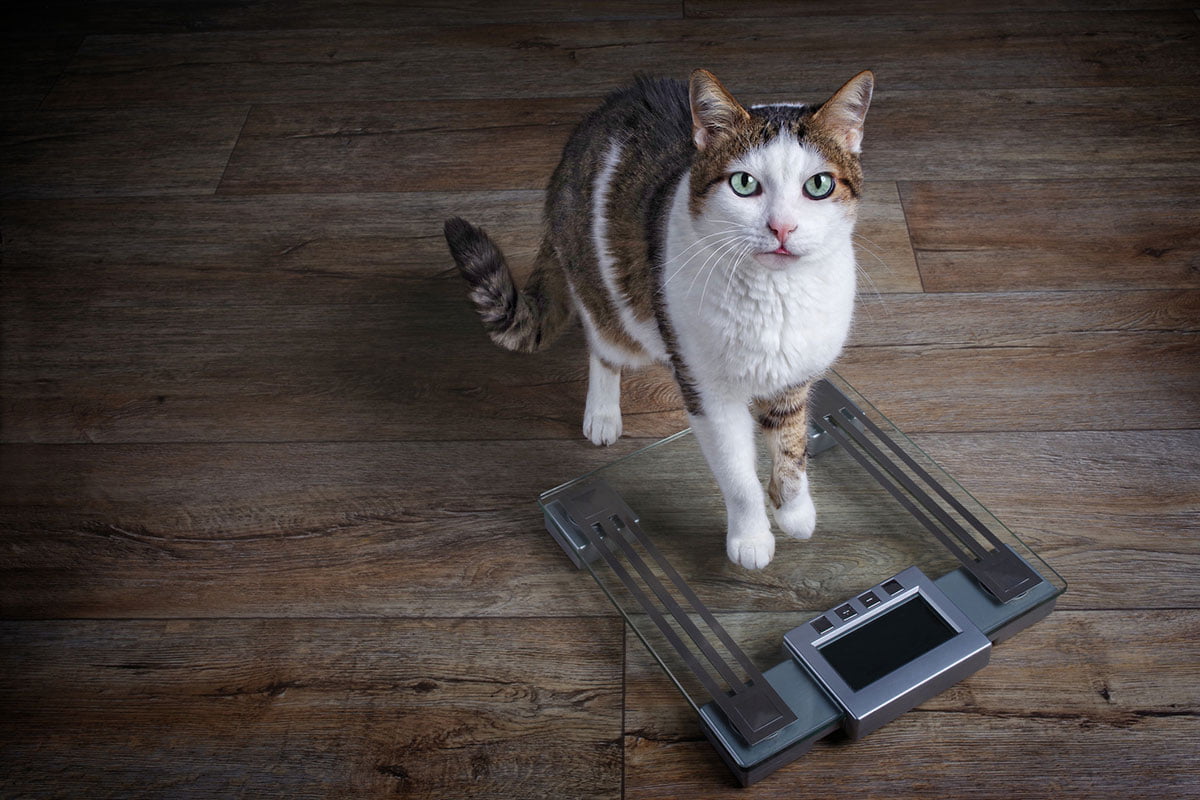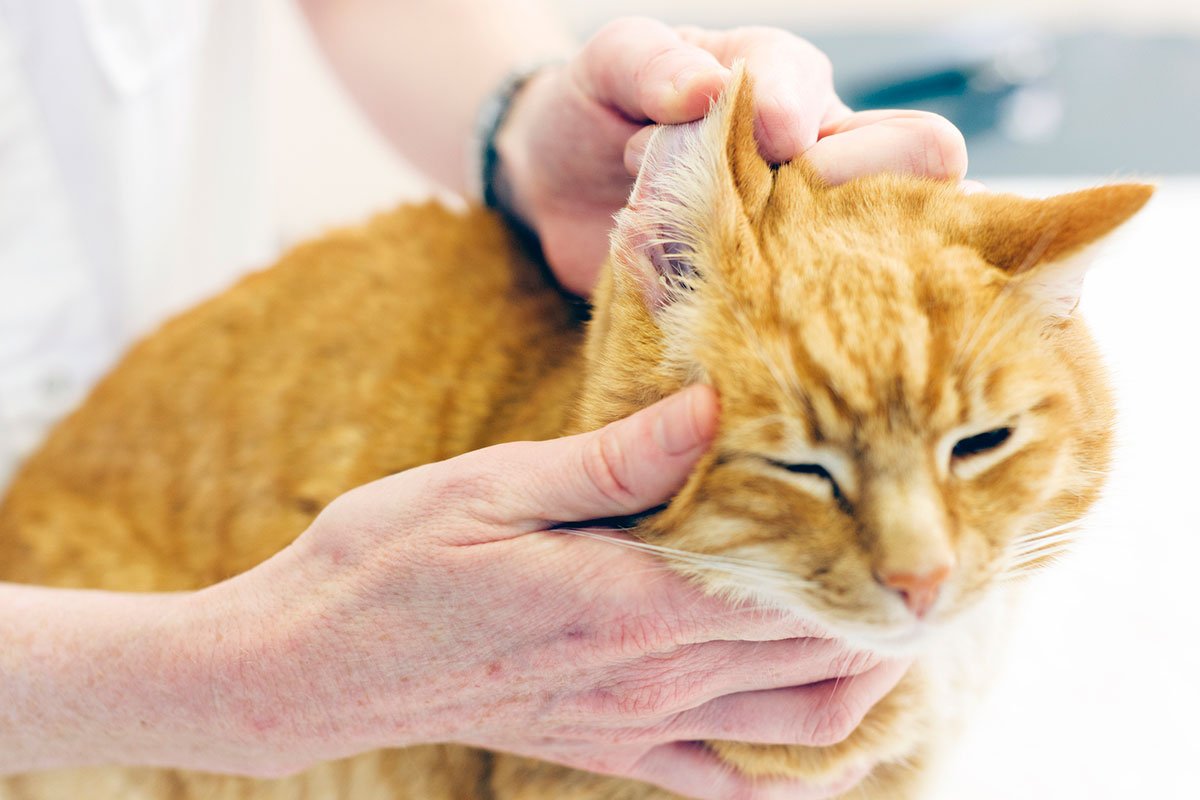Tapeworms. Even the name sounds gross. Tapeworms are flat, segmented worms that live and reproduce in the intestines of both cats and dogs. When it comes to the contraction of tapeworms, there is bad news and good news.
The bad news is that tapeworms are fairly common, even with household cats. The good news, however, is that tapeworms are completely treatable and are usually more of a bother than a danger to your cat.
So, how do cats get tapeworms?
Fleas
The most common method of how cats contract tapeworms are via infected flea larva. Flea lava is often carriers of tapeworm eggs and if a cat ingests the flea larva containing the tapeworm egg, they can contract a tapeworm infection.
The process though cats getting tapeworms, though, is not a simple one. The cat must first be bitten by a flea. The flea then must lay infected flea larva on your cat. The flea larva will continue to mature and the tapeworm egg also matures. The larva will then become an infected flea. When your cat grooms themselves, they must ingest the infected flea.
The flea is ingested into the cat’s intestines, where the tapeworm egg is released. Once released the tapeworm is free to grow and reproduce inside your cat until it becomes an infestation.
Other Ways Contract Tapeworm Infections
While fleas are the most common methods of contracting tapeworms, it isn’t the only way. If the cat drinks water or eats food that is contaminated with tapeworm eggs, it can also be infected. However, the only way they can be infected is by ingesting the egg. If they do not ingest anything that is infected with the tapeworm egg, they are safe.
Although, once they do eat something with the egg, the process is set in motion and besides the flea, the process of contracting the infection is the same. Even though it is nasty, once a cat is infected, there are physical indications of tapeworms. Eventually, there will be little specks of what looks like cooked rice in your cat’s fur by their anus and tail. Additionally, your cat may vomit portions of tapeworms that are still alive.
Ultimately, if your cat contracts a tapeworm infestation, it is going to be a gross and annoying process. However, if it is diagnosed and treated within a reasonable timeframe, your cat will recover and be completely fine within a few days. (Sometimes, a second dose is needed to kill any remaining adults, but that is done on a case by case basis.)







